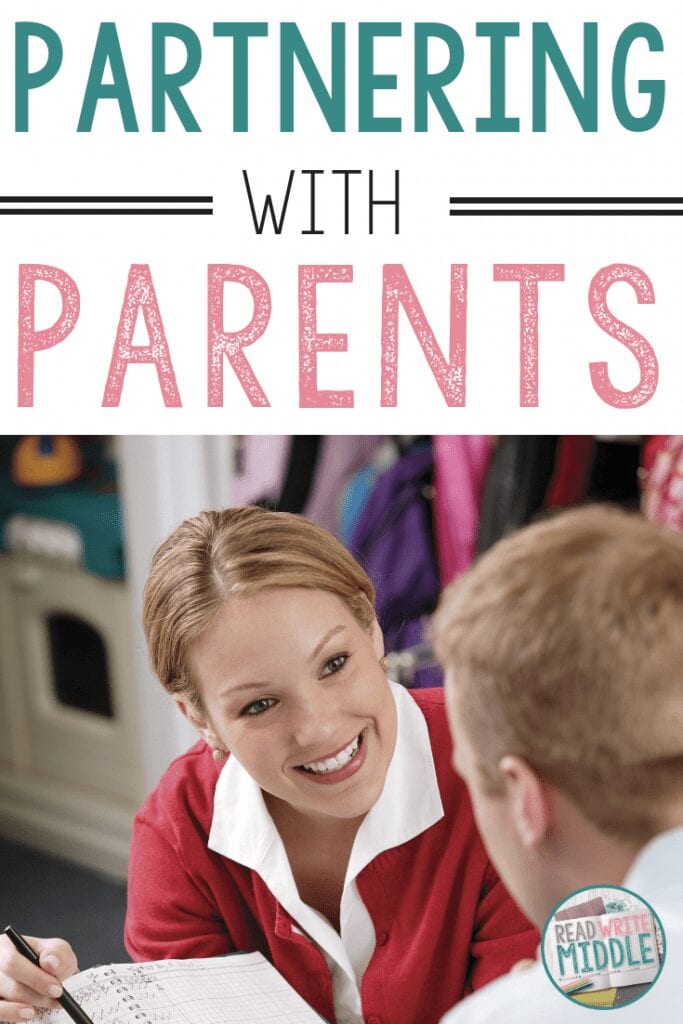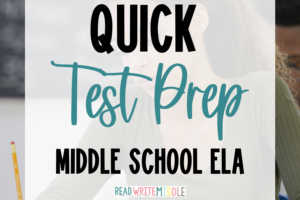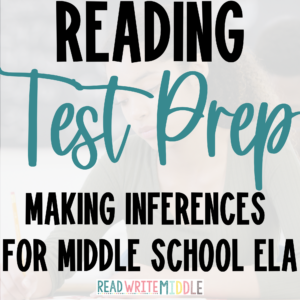
I remember how intimidated I was about interacting with parents at the start of my career. That was particularly unfortunate, because the second day of my career teaching was open house. I spent two hours introducing myself to my brand new students and their parents. I was terrified. I felt like a fraud and I was worried everyone would think I was a fraud too. I did not get over my unreasonable fear of contacting parents in my first year and it wasn’t much better in my second year. I had some encounters that were unpleasant, to say the least. As I’ve continued teaching, though, I’ve come to truly value the role that parents can play in their child’s education. I have found that parents can truly be an ally. I have learned several important lessons that help me be proactive about working with parents.
Contact home with positive news.
My first principal made it a requirement that we contact home with positive information about their child within the first month of school. Obviously, during my first year I was not super pleased with this expectation, but I did it nonetheless. I obviously didn’t realize the dividends those phone callsclass paid off until later in the year. Contacting home early in the year with positive feedback sets the tone for a wonderful working relationship. For some parents, it might be hard to view a teacher as an ally if they only phone home because they are writing their child up. A positive first phone call will almost certainly make any subsequent phone calls easier.
Introduce yourself when you can.
I was at a basketball game watching a student play when a colleague told me to follow her. She introduced herself to the mother of a student that we both taught and I did the same afterward. As we were walking away, she told me to make sure I always introduce myself whenever I see a student with their parent. I also make it a rule to never mention anything negative during these improptu meetings. If the problem is serious enough to bring up to a parent, then I would have likely already reached out about it. If I haven’t reached out to a parent about a certain issue, then I will save it for a later day. I keep the interactions brief but positive. In addition to letting parents know that I’m interested in supporting their student, this is a reminder to my students that I consider their parent or guardian a powerful partner that is willing to support their child’s education.
Call them when there is a problem, but don’t call for every small thing.
I made the mistake of calling home on a certain student too much my first year. First of all, the parent got tired of hearing from me. Secondly, it didn’t take long at all for my phone calls to be largely ignored. I was not the only person who was aware of this. The student knew that calling home would be ineffective, so they largely ignored any mention I made of it. To be clear, this is not to say that you shouldn’t call home if there is a problem. But if you do call home, you should be able to say what other things you have tried before as well as what the next steps will be if the behavior or classwork does not improve.
Sometimes teachers can be intimidated by the idea of reaching out to parents. It is easy to become too concerned with how parents may react, based on their behavior of the student or based on things we’ve heard from colleagues. It is important to remember that the goal of the teacher and parent is largely the same: to support the child’s education. I have found that when I approach parents the right way, they are a powerful ally whothat makes sure students are receiving the same message about the importance of education at home as well as at school.









